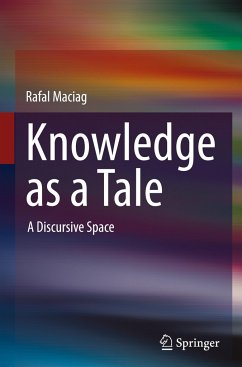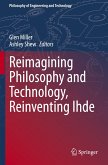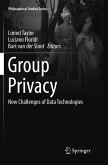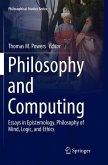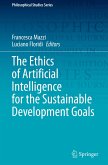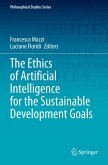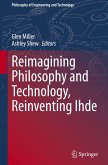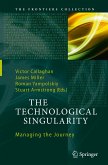This text describes the process that led to knowledge becoming the most important modern good and a complex phenomenon beginning at the end of the 19th century. It was a change in the way of understanding the world proposed by mathematics and geometry. This volume reveals how the paradigm shift, still in progress, is gradually transforming less obvious fields of science, such as the humanities and social sciences while affecting the phenomenon of knowledge. Firstly, meta-analysis gained importance, and secondly, it became natural to perceive knowledge in a social context, showing its diverse and multi-cause dispersion, leading to the phenomenon of knowledge. Due to the interpretation of knowledge as a complex social phenomenon, the author proposes a new model of knowledge description, called the theory of discursive space, making it possible to describe the role and meaning of knowledge as a component of modern civilization that is all-encompassing. This text appeals to students and researchers working in the philosophy of technology.
Bitte wählen Sie Ihr Anliegen aus.
Rechnungen
Retourenschein anfordern
Bestellstatus
Storno

